US$52 million for Liberia, the country with the highest number of Ebola infections, US$28 million for Sierra Leone, and US$25 million for Guinea.
Liberia’s Ambassador to the United States, Jeremiah Sulunteh signed on behalf of the government in Washington DC while the Bank’s Vice President Mahktar Diop signed for the Bank.
Two of the worst affected countries, Guinea and Sierra Leone were represented at the signing ceremony.
Finance and Development Planning Acting Minister Amara Konneh who witnessed the ceremony live via video conference from the World Bank office in Congo Town, Monrovia, thanked the Bank for breathing fresh life in the government’s drive to fight the epidemic that continues to claim thousands of lives in the affected countries.
Konneh said the government was committed to the fight against Ebola and would continue to mobilize external and domestic resources to deal with the situation.
Disclosing that the country needs about $200m to deal with the emergency, Konneh said the new World Bank grant would be used to improve various health facilities across the country; invest in the health workers at high risk and provide food and basic services to various quarantined centers around the country.
He said the Ebola epidemic has seriously affected the economic sector, particularly the mining and agriculture sectors. “For Liberia this epidemic is creating a lot of set-back for our development agenda, our economy will decline by 3.5 percent this fiscal year which will affect job creation and the livelihood of our citizens,” Minister Konneh stated.
On behalf of the government of Liberia, Ambassador Sulunteh expressed gratitude to the World Bank Group for their intervention, noting “the situation in Liberia is more than a civil war, because in a civil war one can call for ceasefire and talk to various parties involved, but with Ebola there is no ceasefire.”
The World Bank Group's (WBG) Board of Executive Directors approved a US$105 million grant to finance Ebola-containment efforts underway in Guinea, Liberia, and Sierra Leone, help families and communities cope with the economic impact of the crisis, and rebuild and strengthen essential public health systems in the three worst-affected countries to guard against future disease outbreaks.
The allocations were calculated according to the World Health Organization's Roadmap and assessments of the relative severity of the epidemic in each country. The WBG said that it would almost certainly mobilize more financing for the countries since "the immediate response is still significantly under-resourced for the purposes of curbing the outbreak."
Up to 40% of the new grant, which is financed by the WB's IDA* Crisis Response Window could also be used for retroactive financing of eligible Ebola containment efforts in the three worst-affected countries.
Signed:
Sidiki Trawally
DIRECTOR, MEDIA SERVICES

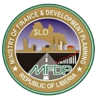
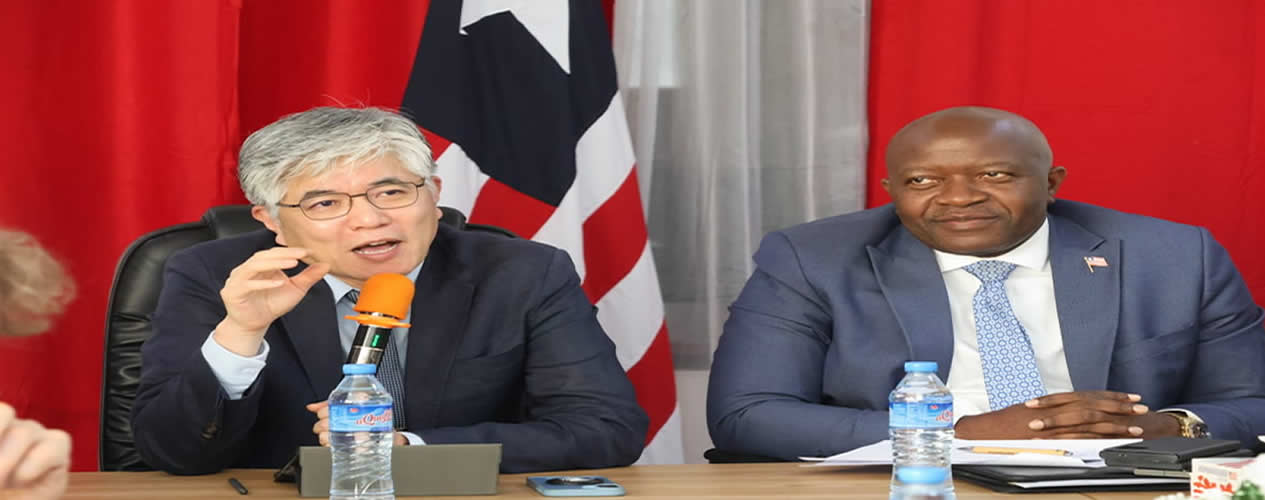
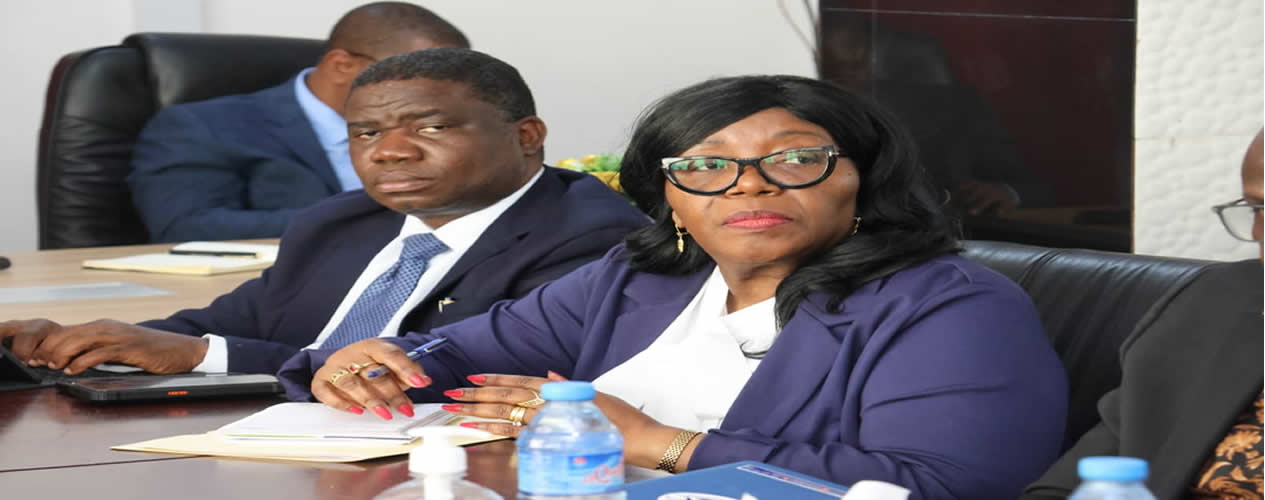
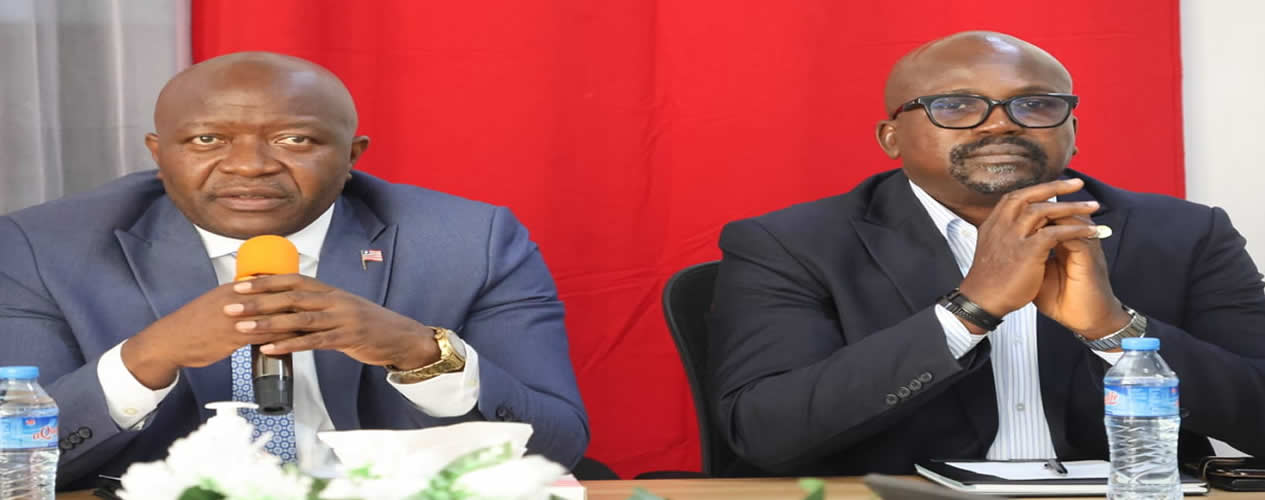
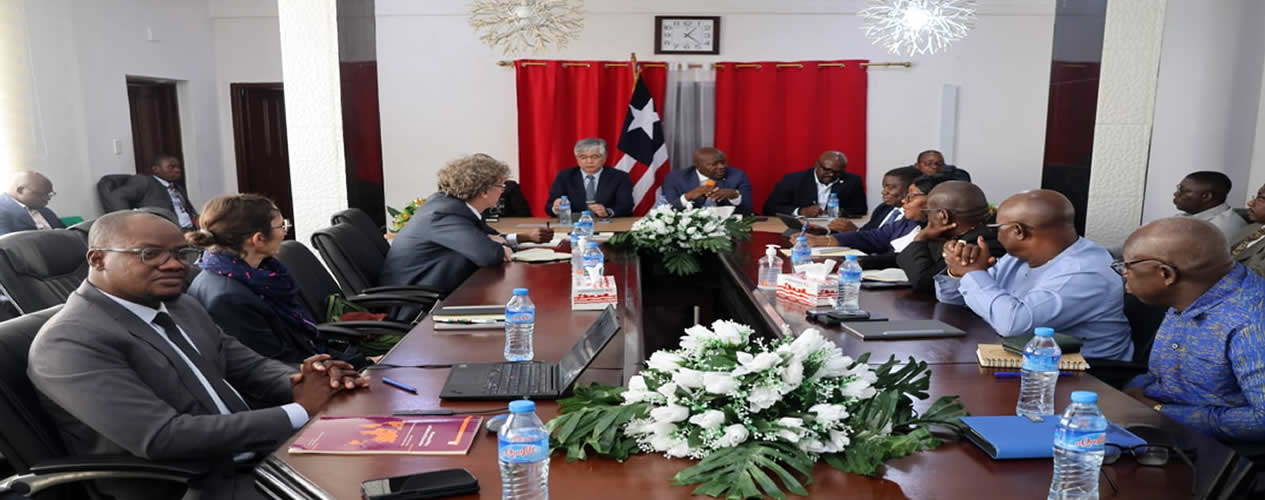
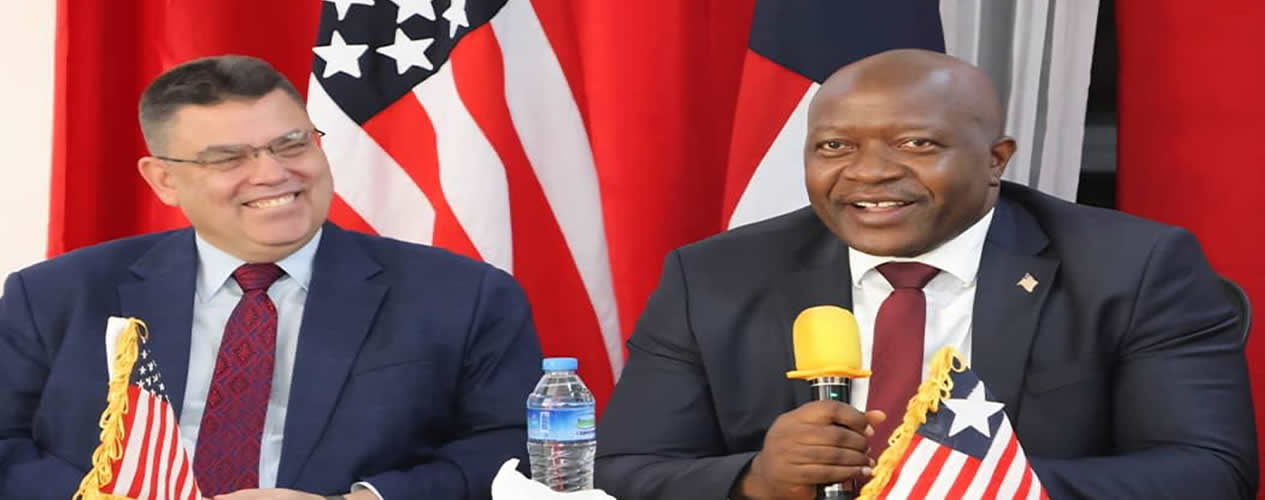
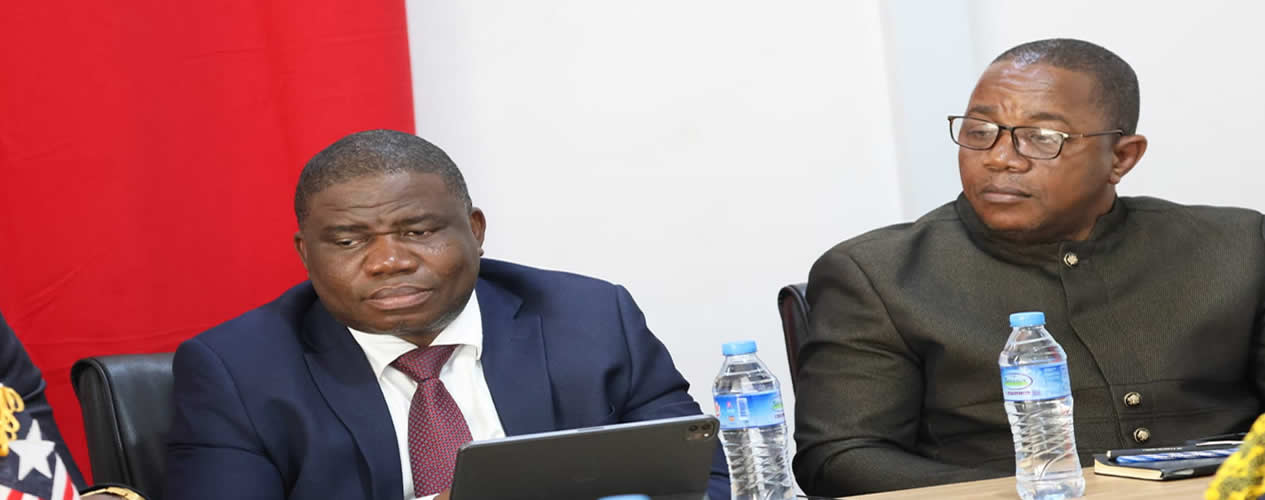
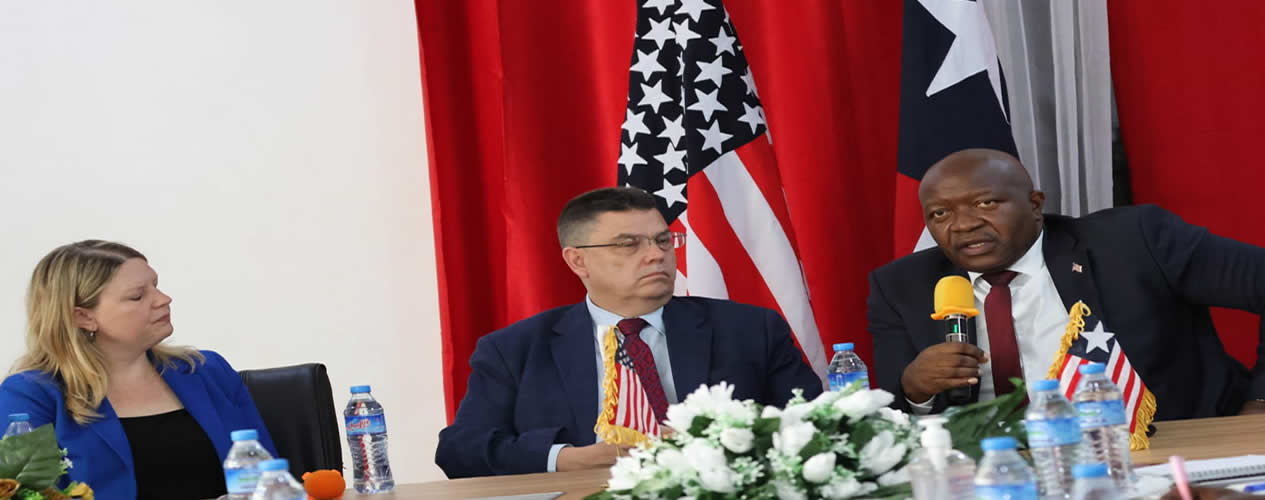
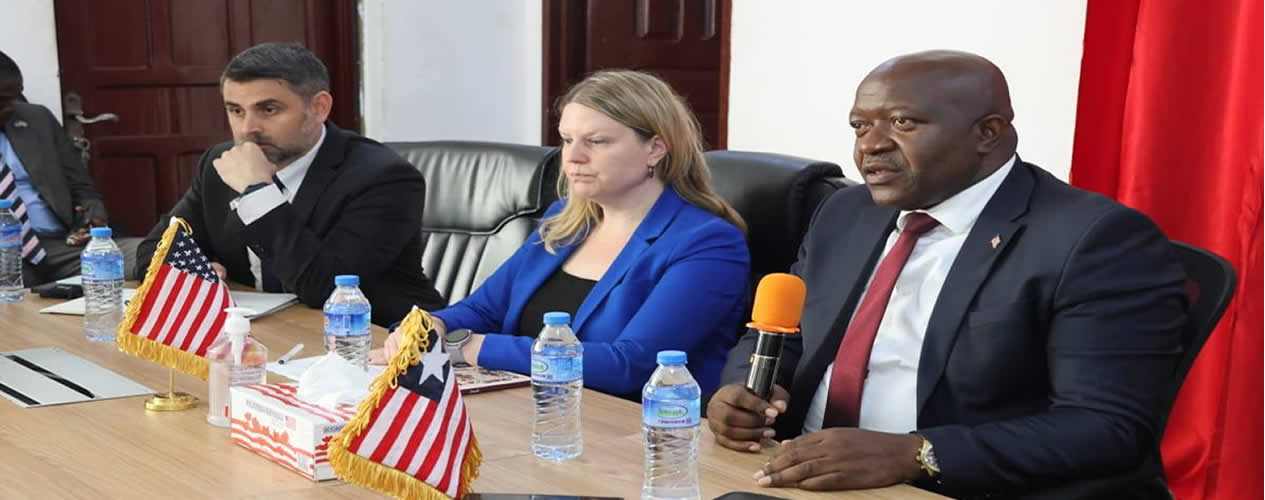
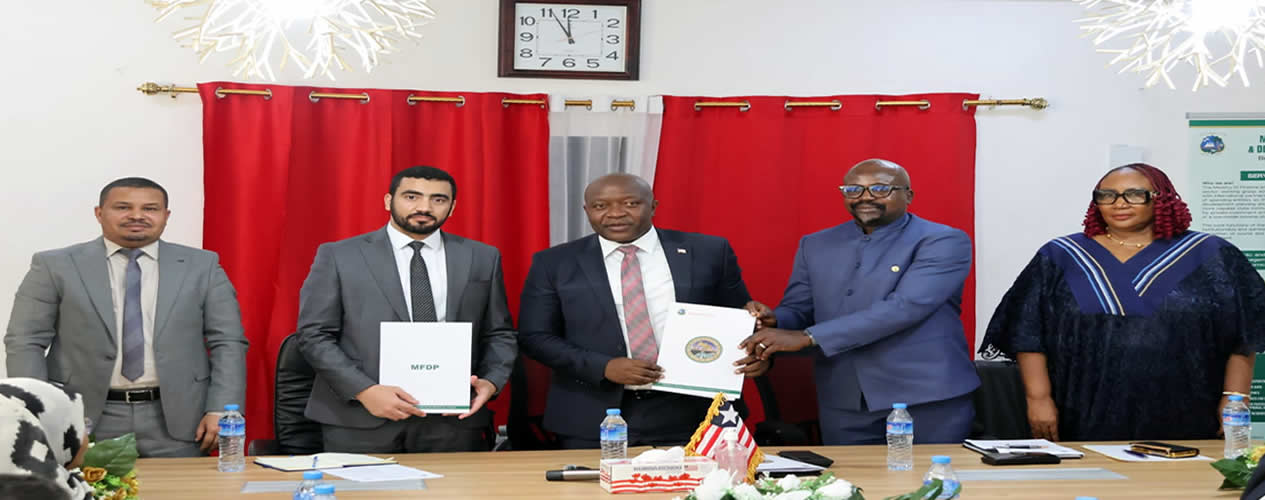
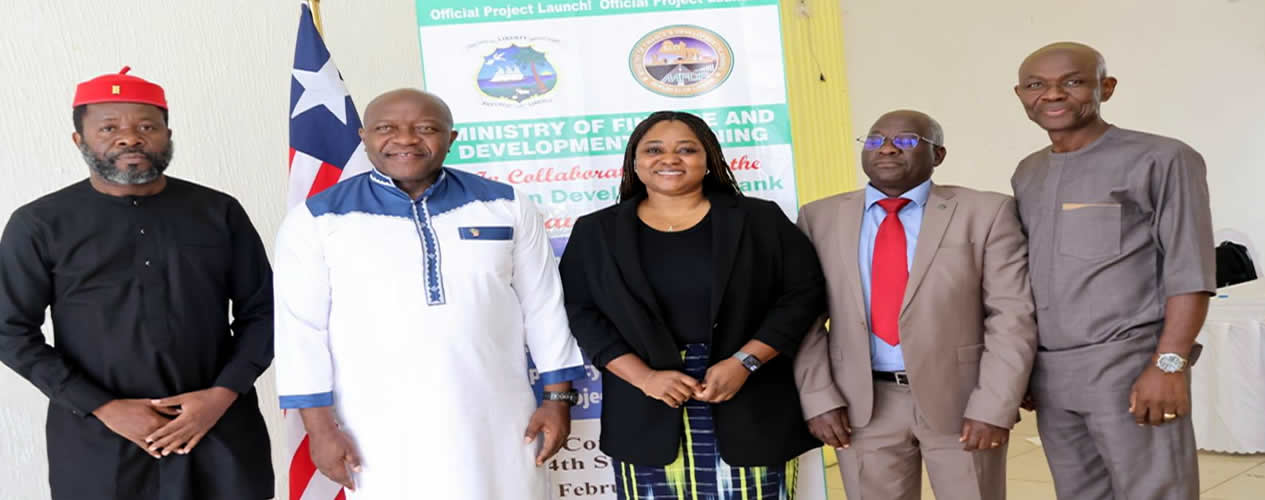
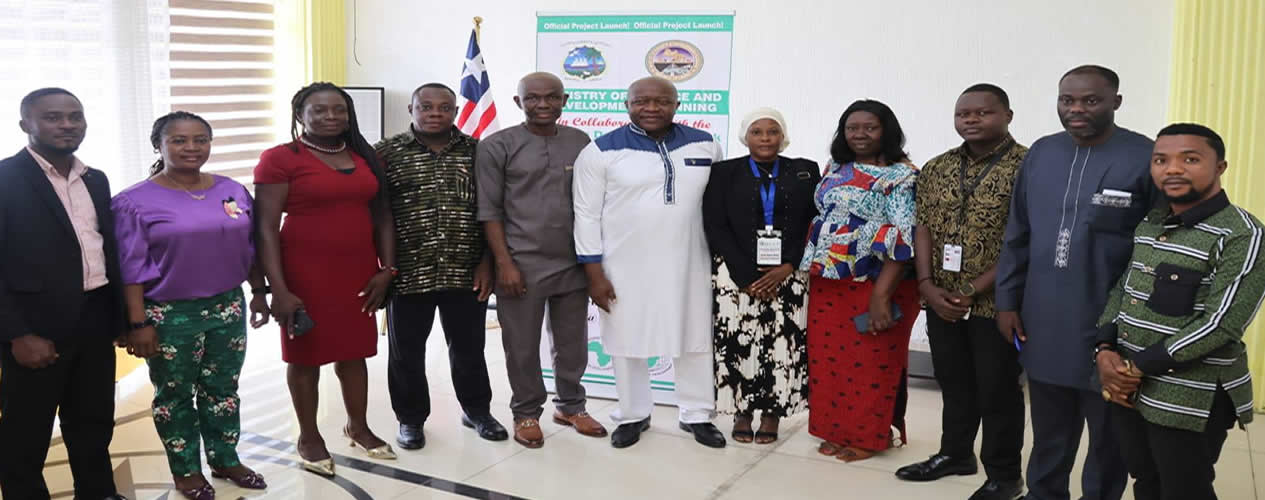
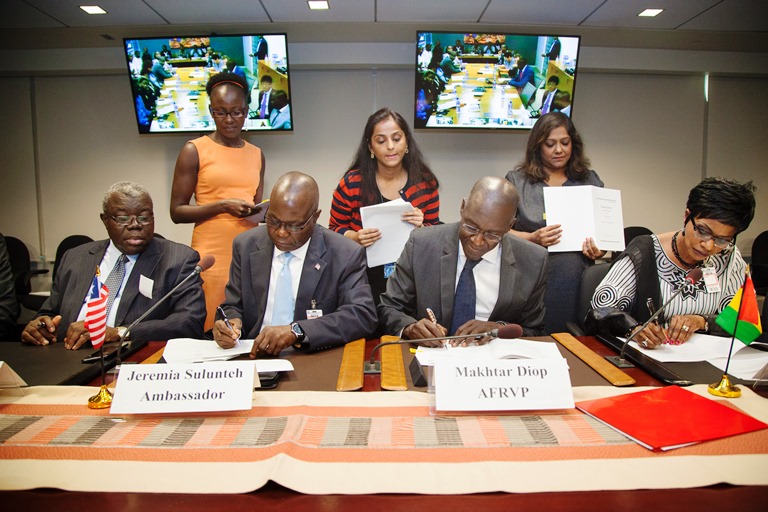 Liberia has signed a landmark grant agreement of about $52 million dollars with the World Bank to accelerate the government’s response to the Ebola epidemic in the country.
Liberia has signed a landmark grant agreement of about $52 million dollars with the World Bank to accelerate the government’s response to the Ebola epidemic in the country.